|
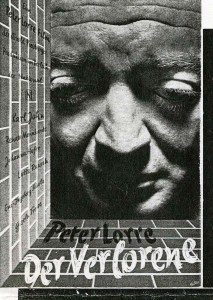
Synopsis:
A German scientist (Peter Lorre) during WWII murders his fiancee (Renate Mannhardt) when he finds out she has slept with his colleague (Karl John) and leaked information about their work to the Allied forces. He soon finds himself unable to resist killing again, and vows to hunt down John, in order to end the cycle of violence.
|
Genres, Themes, Actors, and Directors:
- Character Studies
- Flashback Films
- German Films
- Nazis
- Peter Lorre Films
- Revenge
- Scientists
- Serial Killers
- World War II
Response to Peary’s Review:
As Peary notes, this “very peculiar” movie — Peter Lorre’s sole directorial effort, filmed in Germany — “takes a while to get started” but makes for interesting and provocative viewing. Lorre “combines realism… and expressionism” in what amounts to an “extremely impressive” visual style — evidence of his sadly underused talent. As pointed out by Peary and other reviewers, Lorre’s chain-smoking Dr. Rothe:
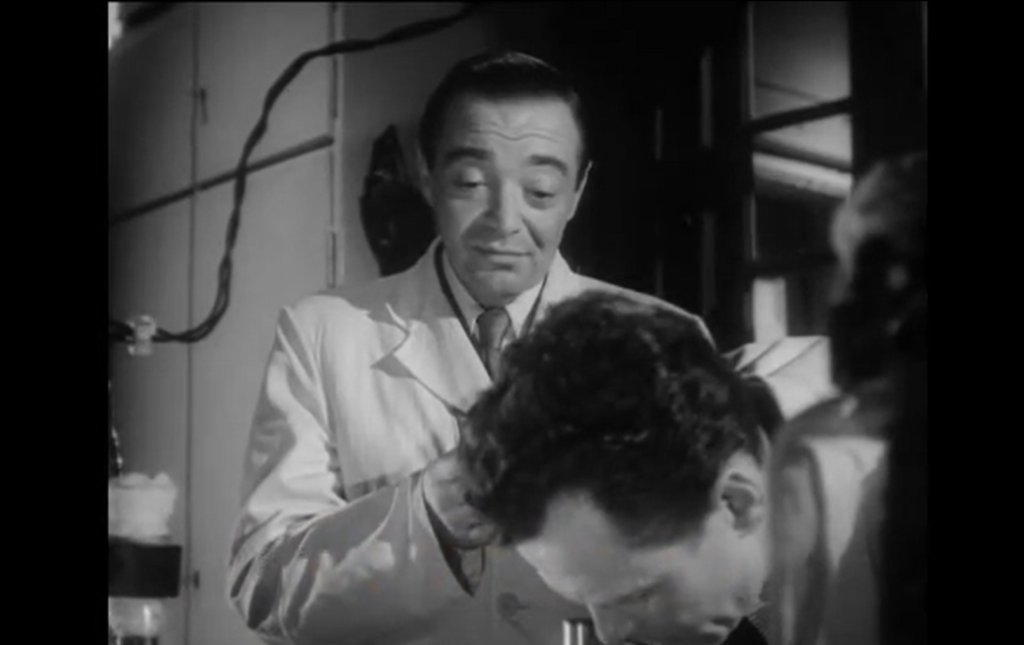
— a variation on the many other murderous, neurotic characters he played over the years — could be seen as symbolizing “Germany’s collective guilt during the postwar era”. Just as Hitler brainwashed most Germans into believing they had the moral right to abuse their non-gentile neighbors (eventually culminating in their complicit acceptance of mass genocide), it is the Gestapo’s convenient cover-up of Rothe’s initial impulse-murder which leads him down the slippery slope of increasingly frequent homicidal urges: if one was so easy, why not commit more?
Unfortunately, we never really learn why Rothe feels such impulses to kill; he doesn’t appear to be psychopathic (he’s too guilt-ridden for this), and any “issues” he may hold with women (who are inexplicably drawn to him, again and again) aren’t sufficiently explored. In addition, the film suffers from a rambling narrative which “takes some unnecessary turns” — at one point Rothe “stumbles on the collaborators of a Hitler-assassination plot”, which has nothing to do with the primary story, and simply confuses viewers. Despite these flaws, however, Der Verlorene — unreleased in the United States until 1985 — remains fascinating viewing.
Redeeming Qualities and Moments:
- Peter Lorre’s understated yet masterful performance as the guilt-ridden doctor
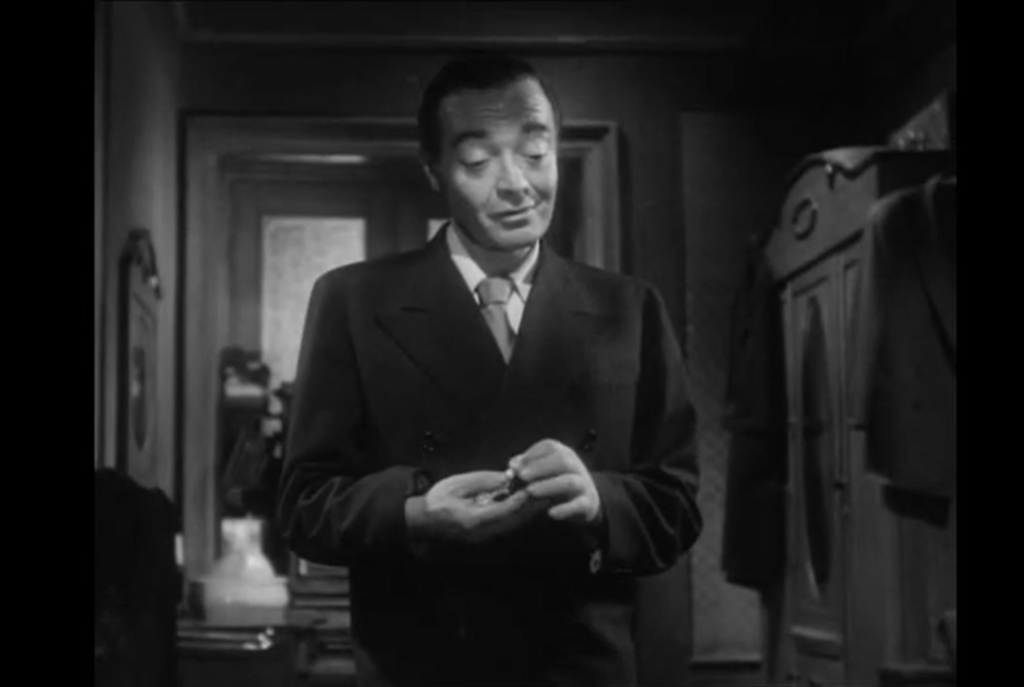
- Fine performances by each of the supporting actresses in the cast
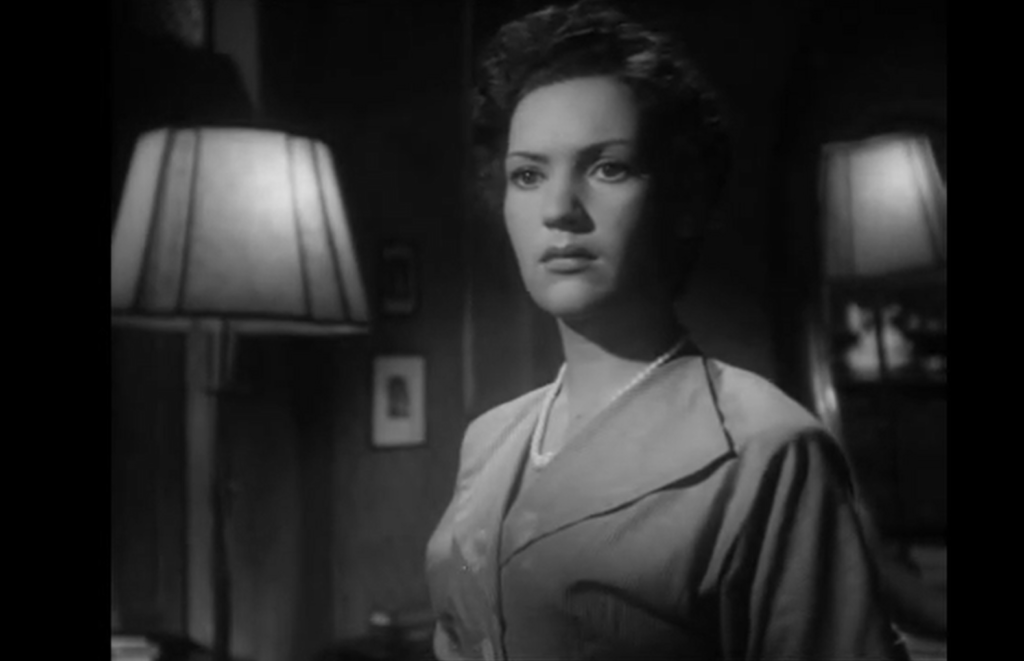
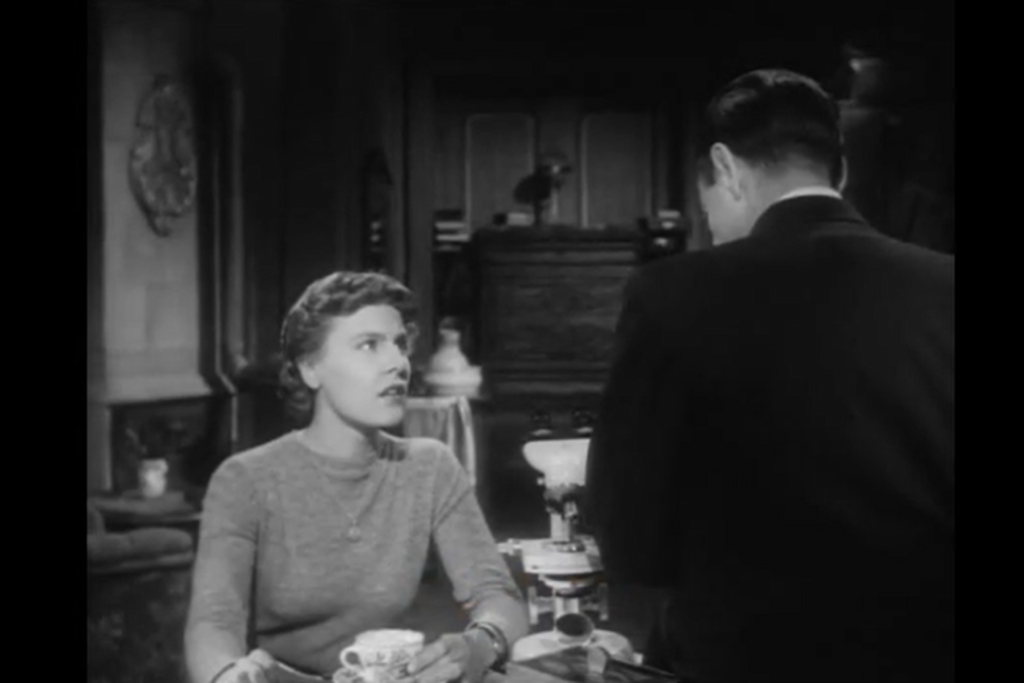
- Karl John as Hosch, Lorre’s dangerously arrogant colleague
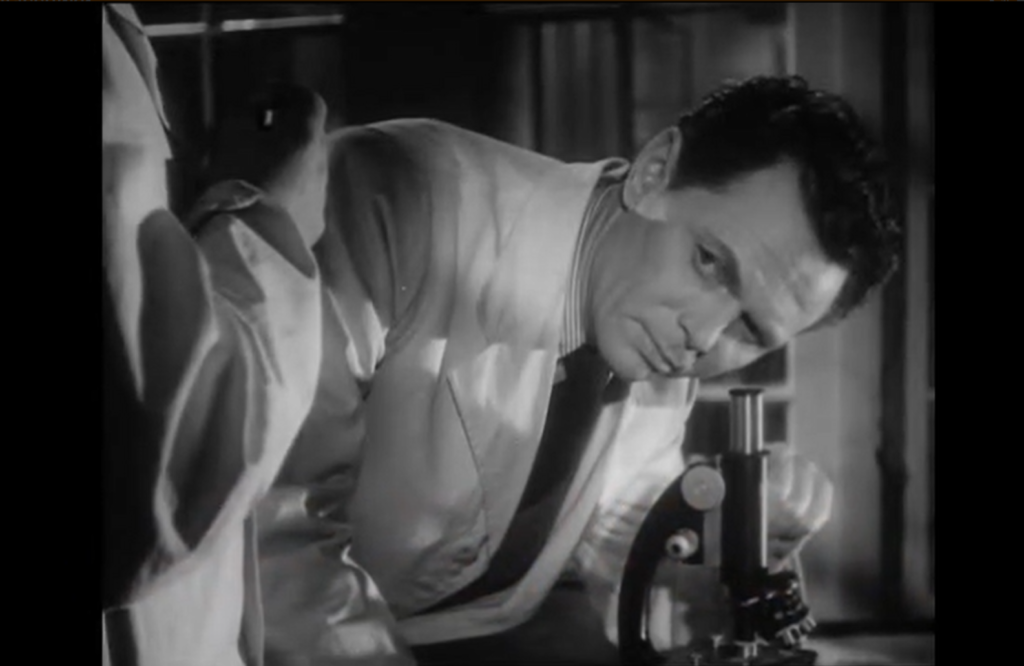
- Atmospheric direction and cinematography
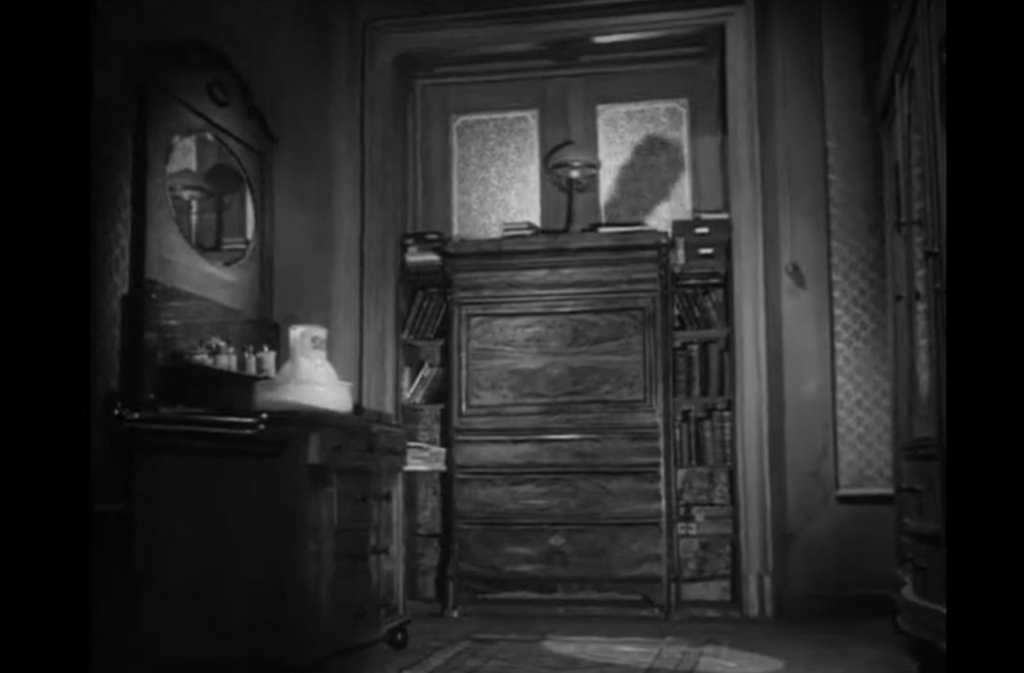
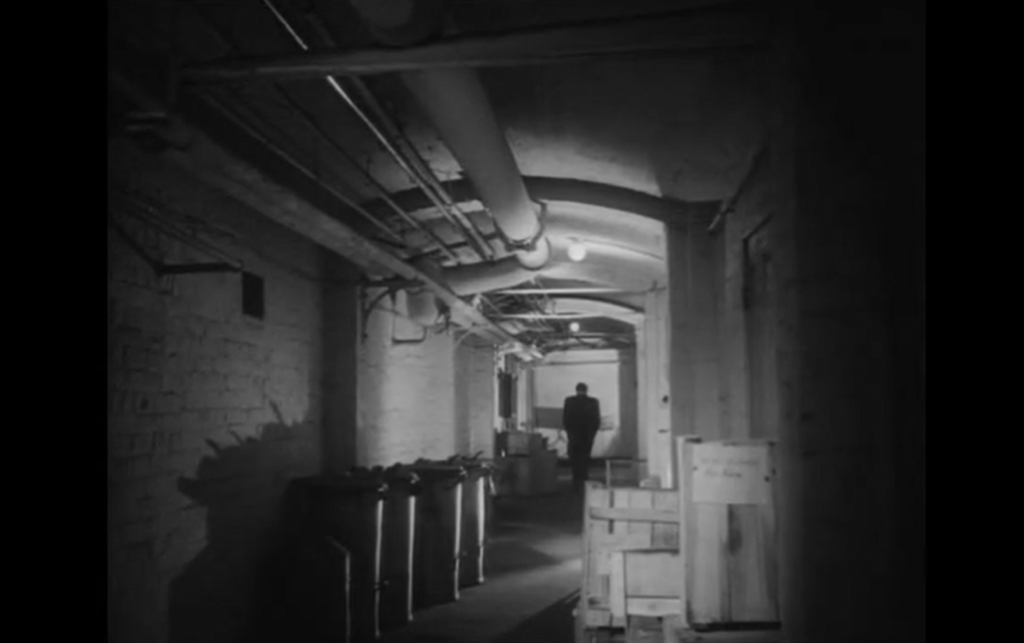
Must See?
Yes. While it’s not a perfect film, The Lost One is evidence of Lorre’s sadly underused talent as a director.
Categories
Links:
|
One thought on “Lost One, The / Der Verlorene (1951)”
First viewing. Agreed, a must – tho not a perfect film. (It did occur to me that a second viewing might bring more into focus about the Hitler assassination plot – and how Lorre’s character fits in with that – but, when seeing the film the first time, it comes out of left field.)
What’s most interesting about the film is comparing the depth of its overall vision to Lorre’s ‘for hire’ work as an actor in Hollywood. He was always dependable (even in the less-illustrious second-half of his career, tho he spent that mostly in tv). But, in this rather-well-thought-out film, we’re allowed to see a glimpse of what Lorre may have been capable of had he directed more. (The same is true of actor Charles Laughton, whose only film as director – ‘The Night of the Hunter’ – is equally remarkable, and clearer.)
Lorre understands character: his being a scientist and doctor, it’s spot-on watching him move/think/talk methodically (at times, listening closely as others verbally hang themselves – or, in one particular case, reveal his nature to him). I had the impression that Lorre’s character remains haunted by his first murder, and – though it gets murky here – conflicted in his subsequent murders. The several shots of Lorre walking in different places alone either toward or away from the camera also reflect theme – and culminate in a stunning last shot.
And, yes, all of the women in this film are strong – it’s clear Lorre had a knack for directing them. They also add some wryly comic moments: in an apt. building, a pub woman screams out, “There’s a man upstairs at my door!’ – only to be answered by a neighbor, “You should be used to that.”; a supposedly faithful, if “hot-blooded”, wife of a German soldier at war says to Lorre, seated opposite on a train, “It’s not easy in wartime without a man.” – as she takes off her coat, pushing her breasts forward.
It is hoped that ‘The Lost One’ will not become a lost film. Yet, outside of Peary’s book, I’ve never heard it mentioned. More’s the pity.